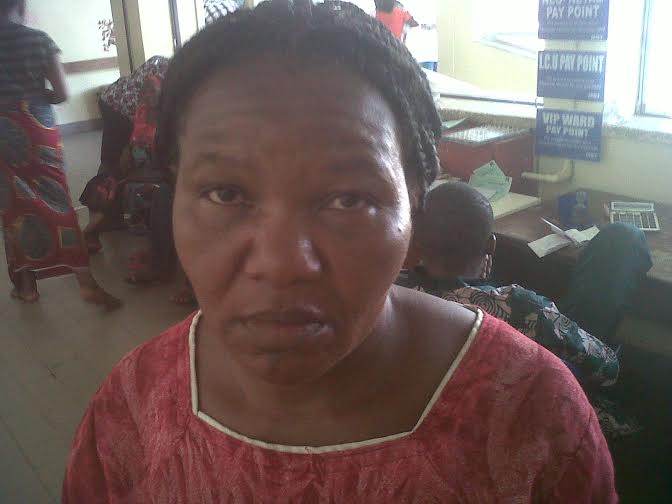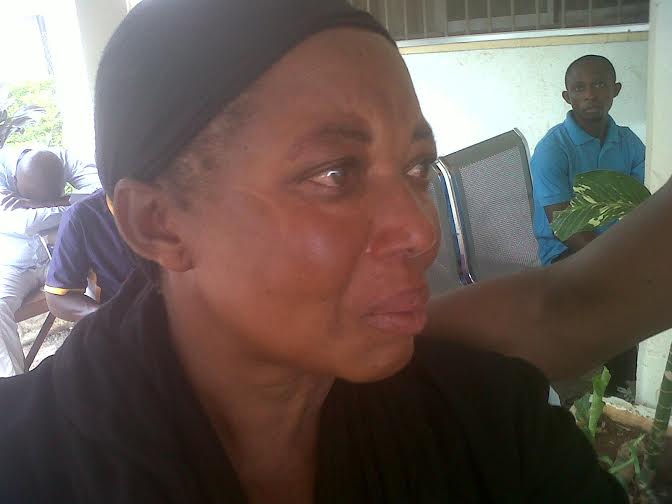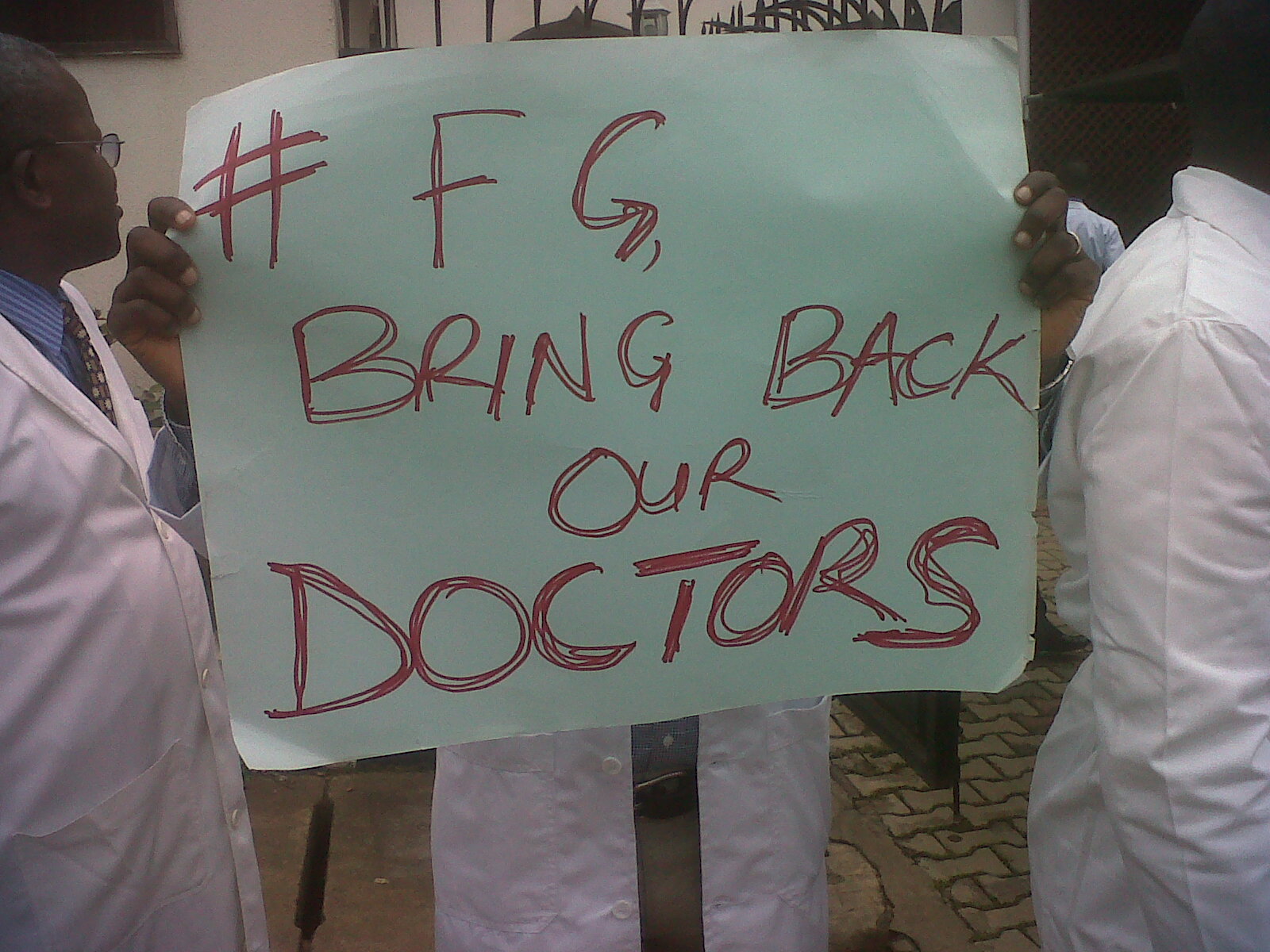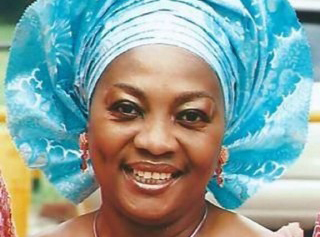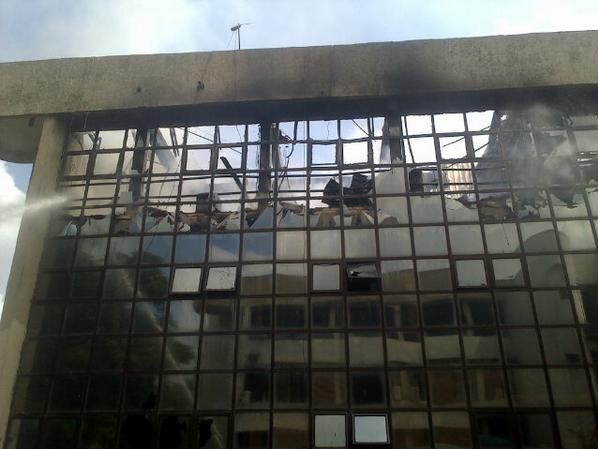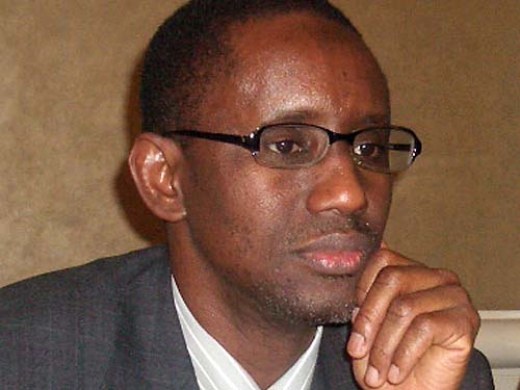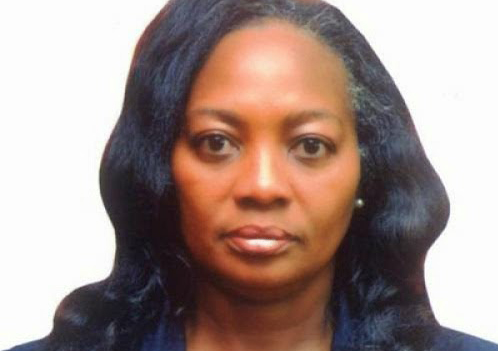Directly or indirectly, women are always at the receiving end of any crisis. They are the first casualties and victims of abuse and terrorism. Truth is, their vulnerabilities expose them to all forms of degradation and depredation.
According to reports, many women and children have been displaced in the north-east, which has become a theatre of war between the Nigerian government and Boko Haram.
Of the 3.3 million Nigerians that have been displaced since 2010, “most of the displaced are women heads of households, many of them widows, and children,” the United Nations Human Rights said in an article on its website.
Consequently, the state of women in the crisis situation in Nigeria is a gut-wrenching reality that trounces reason.
Advertisement
Life for Mrs. Lovet Emeto turned for the worse when she lost her daughter, 15-year-old Ogechi Emeto on May 1. 2014, in a bomb blast at a taxi station at Nyanya. Emeto, who lost her husband when Ogechi was only six months old, had to endure deprivations to bring up Ogechi and her two brothers.
“It has been hard for me to train these children alone for all these years,” she told theCable, tears streaming down her eyes.
“What will I do now?” she asked rhetorically, at the Asokoro General Hospital where her daughter was admitted at the intensive care unit.
Advertisement
Emeto said that Ogechi was heading for a vigil in town when she was caught in the blast. Before she died, Emeto had cried out to the government and Nigerians to come to her aid and send her daughter abroad for superlative medical care. One week after, help came from nobody and Ogechi died.
Months after her passing, Emeto still relives every moment she saw her daughter writhing at the intensive care unit of the hospital.
“The suffering is too much. We are just suffering,” Emeto said in a low, mournful monotone.
“It has never been the same without my only daughter. What can I do? The suffering is just too much.”
Advertisement
Emeto still appeals for help, as the devastation of losing her husband and her daughter has left her in need of comfort and care. It is hard for her to adjust to a different tenor.
About how she meets the needs of her family, she simply let out a tired response: “Oh! It is just hard.”
Every nuance of expression on her face tells the “tough tale” of her burdens. There is no trace of happiness or joy in her beaten carriage, and truly, how can? When life has given her such a raw deal.
Advertisement
Mrs Uche Ojeh is another testament to the somber reality of the impact of terrorism on women.
Ojeh’s husband, Mr. Rufus Ojeh, was suspected to be burnt beyond recognition in the EMAB plaza bomb blast of June 25, 2014. Two months on, Rufus’ corpse has still not been recovered, but the Ojeh family is making arrangements for his funeral after exhausting all avenues to identify and retrieve his body.
Advertisement
Ojeh, a tearful woman, has been indoors since the loss of her husband. The shock of being a widow with three children is too much for her to bear.
“Where will I go to?” Those are the words she keeps chewing. Her son, Michael Ojeh, survived the blast, but sustained some wounds. It has been a sad, unrelenting episode for Mrs Ojeh. And too gobsmacked to conjure intelligent sentences, her older son, Chukwudi Ojeh became her voice.
Advertisement
“We beg the government to come to our aid,” he simply said.
And regarding aid, the government has set up a “victim support fund committee” for victims of terrorism and affected families. A member of the committee, Alkasim Abdulkadir assured TheCable that both the victims of terrorist attacks and affected families would be covered in the committee’s scheme.
Advertisement
“The committee will give some benefits to the victims and affected families of terrorist attacks. The benefits include scholarships, economic empowerment and other essential benefits that will help them cope with the tragedy,” he said.
All forgotten women like Emeto and Ojeh, who have been widowed by Boko Haram, and who have lost sons and daughters need any comfort they can get. Not that money will heal their deep wounds, but it will help them cope modestly in their new state of deprivation and lack of care.
Add a comment

